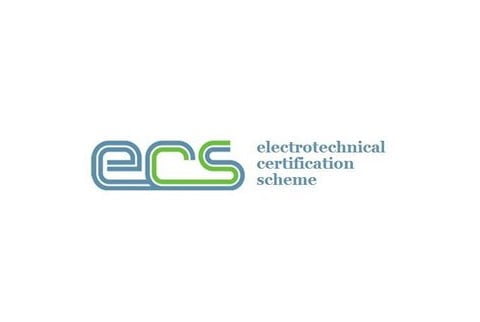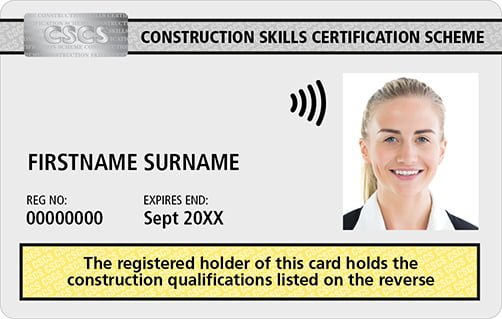Why the CPCS is in High Demand
If you are looking for a career in construction, then you have probably come across the term CPCS. The Construction Plant Competence Scheme (CPCS) is a certification program that ensures the competence of operators of plant machinery in the construction industry. This article explores why CPCS is in high demand and what it means for you.
Table of Contents
- What is CPCS?
- The Benefits of CPCS Certification
- The Demand for CPCS Certification
- CPCS Certification Process
- The Cost of CPCS Certification
- Choosing the Right CPCS Training Provider
- CPCS Renewal
- CPCS Card Categories
- CPCS and Job Opportunities
- CPCS and Health and Safety Regulations
- CPCS and Employers
- CPCS and Employee Advantages
- CPCS and Industry Standards
- Conclusion
- FAQs
What is CPCS?
CPCS is a UK-based scheme that was established in 2003 to provide proof of competence for plant operators in the construction industry. The scheme is designed to ensure that operators have the necessary skills, knowledge, and experience to operate plant machinery safely and efficiently.
The Benefits of CPCS Certification
CPCS certification offers a range of benefits for both individuals and companies. Firstly, it provides evidence of competence, which can improve job prospects and help workers to progress in their careers. Secondly, it demonstrates a commitment to health and safety, which is increasingly important in the construction industry. Finally, it can help to reduce insurance costs for employers and provide a competitive advantage for companies.
The Demand for CPCS Certification
CPCS certification is in high demand because it is a requirement for many construction jobs. Employers often require workers to have CPCS certification before they can operate plant machinery. This is because CPCS is a recognised standard of competence in the industry and ensures that workers are safe and efficient in their work.
CPCS Certification Process
To obtain CPCS certification, individuals must undergo a training course and pass a theory and practical test. The training course covers both theoretical and practical aspects of plant operation and can be completed at a training centre or on-site. Once the training is complete, individuals must pass a theory test and a practical test to obtain their certification.
The Cost of CPCS Certification
The cost of CPCS certification varies depending on the training provider and the type of plant machinery being operated. However, as a general guide, the cost can range from £150 to £500.
Choosing the Right CPCS Training Provider
When choosing a CPCS training provider, it is important to ensure that they are accredited by the Construction Industry Training Board (CITB). This ensures that the training provider meets the required standards of quality and competence.
CPCS Renewal
CPCS certification must be renewed every five years. To renew certification, individuals must undergo a renewal test, which includes both theoretical and practical elements.
CPCS Card Categories
CPCS certification is divided into different categories, depending on the type of plant machinery being operated. These categories include Excavator, Slinger Signaller, Mobile Crane, and many more.
CPCS and Job Opportunities
CPCS certification can significantly improve job prospects in the construction industry. Many employers require workers to have CPCS certification before they can operate plant machinery, so obtaining certification can open up a range of job opportunities.
CPCS and Health and Safety Regulations
CPCS certification is an important part of health and safety regulations in the construction industry. It ensures that plant operators have the necessary skills and knowledge to operate machinery safely, which reduces the risk of accidents and injuries on construction sites.
CPCS and Employers
CPCS certification can be beneficial for employers as well as employees. It demonstrates a commitment to health and safety and can help to reduce insurance costs. It can also provide a competitive advantage for companies, as clients and contractors may prefer to work with companies that have CPCS certified operators.
CPCS and Employee Advantages
In addition to improving job prospects, CPCS certification can offer a range of advantages for employees. It can improve job satisfaction by providing opportunities for career progression and enhancing job security. It can also increase earning potential, as CPCS certified operators are often paid more than non-certified operators.
CPCS and Industry Standards
CPCS certification is an industry standard and is recognized by employers, contractors, and clients in the construction industry. It is a mark of competence and professionalism and can help to build trust and credibility with clients and colleagues.
Conclusion
CPCS certification is in high demand in the construction industry. It provides proof of competence for plant operators, ensures health and safety, and offers a range of benefits for both individuals and companies. Obtaining CPCS certification can significantly improve job prospects, earning potential, and job satisfaction. It is important to choose the right training provider and to ensure that certification is renewed every five years.
FAQs
- What does CPCS stand for?
CPCS stands for Construction Plant Competence Scheme.
- How long does CPCS certification last?
Construction Plant Competence Scheme certification must be renewed every five years.
- What are the benefits of CPCS certification?
CPCS certification can improve job prospects, enhance earning potential, and demonstrate a commitment to health and safety.
- How much does CPCS certification cost?
The cost of CPCS certification varies depending on the type of plant machinery being operated and the training provider. As a general guide, it can range from £150 to £500.
- Why is CPCS certification important in the construction industry?
CPCS certification is important in the construction industry because it ensures that plant operators have the necessary skills and knowledge to operate machinery safely and efficiently. It is also a recognised standard of competence and professionalism.




